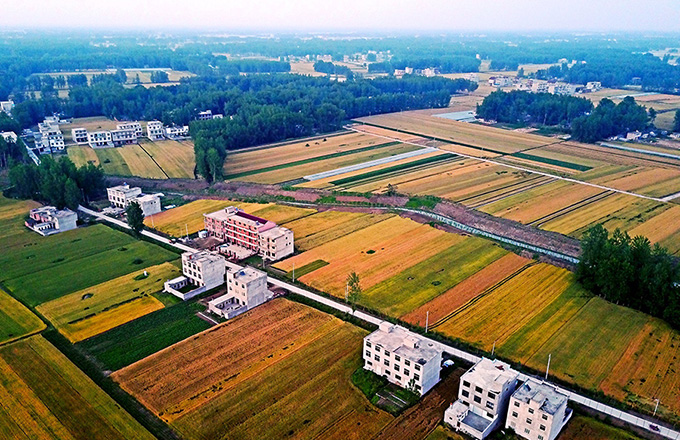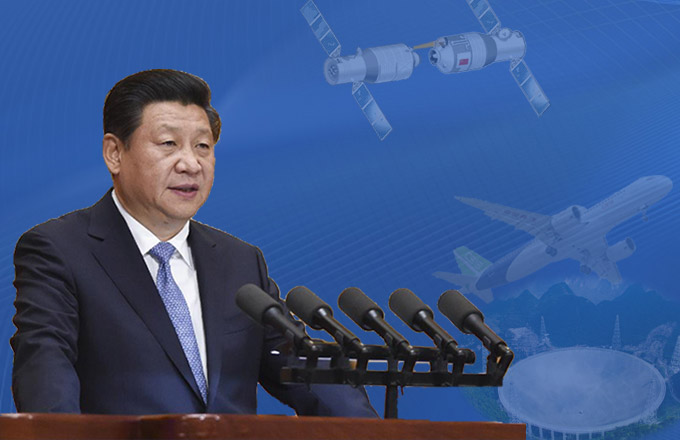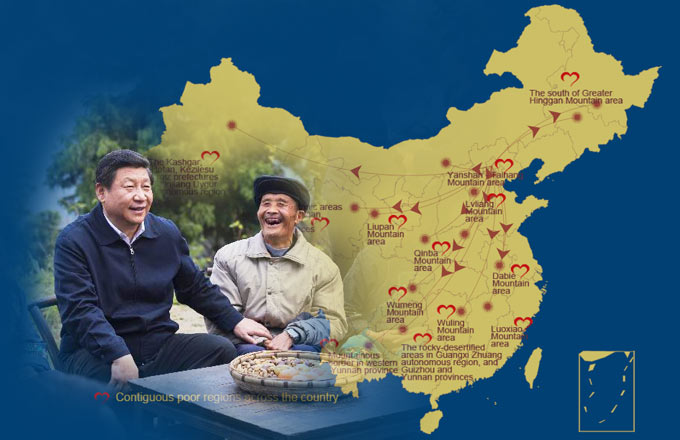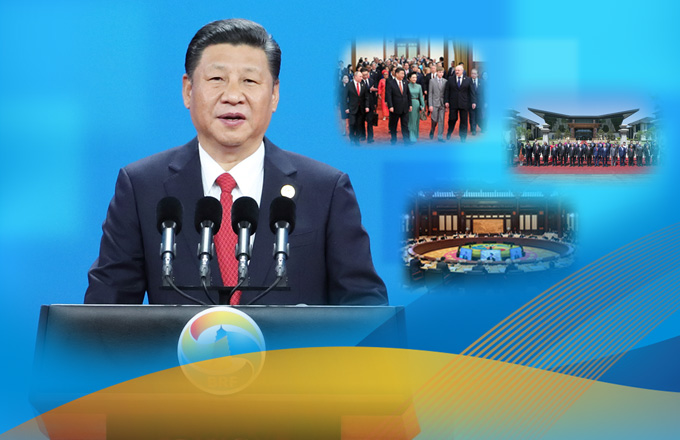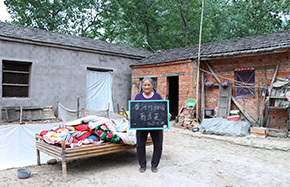UN smart city program gives residents bigger say
Residents can have a bigger say in the development of more people-friendly cities in a UN smart city program in Guiyang, Guizhou province.
The United Nations Development Programme launched the Smart Cities and Social Governance: Guide to Participatory Indicator Development report on May 26, outlining how citizens can get involved in shaping the city.
"This project shows how community voices can be included in public decision-making while community goals can be tracked and progress assessed using high-tech platforms," Patrick Haverman, deputy country director of UNDP China, said.
Conducted in the Bihai and Huizhan neighborhoods in Guiyang, the project engaged community stakeholders to develop a set of social governance indicators to measure the local government's progress and increase transparency.
The indicators include housing affordability, transport availability, healthcare accessibility, and environment quality. Each community will be evaluated based on the indicators, providing local government possible suggestions on future improvement.
Different from "digital city" or "intelligent city", the concept of a smart city is that it must be oriented towards meeting human needs, collecting and sharing information with high-tech support and human interaction, and creating inclusive and livable cities as a result.
UND Senior Advisor Samantha Anderson said that building a smart city needs the support and effort from top to bottom, as well as, from bottom to top at the same time.
She explained that support from the top would promote the implementation of the policy. While, the information provided by the bottom could point decision-makers in the right direction.
In Guiyang, indicators set by 850 communities are being tracked and available online for public access.
"We have piloted a participatory methodology in Guiyang," said Haverman. "We hope it can be replicated in other neighborhoods and cities in China."




